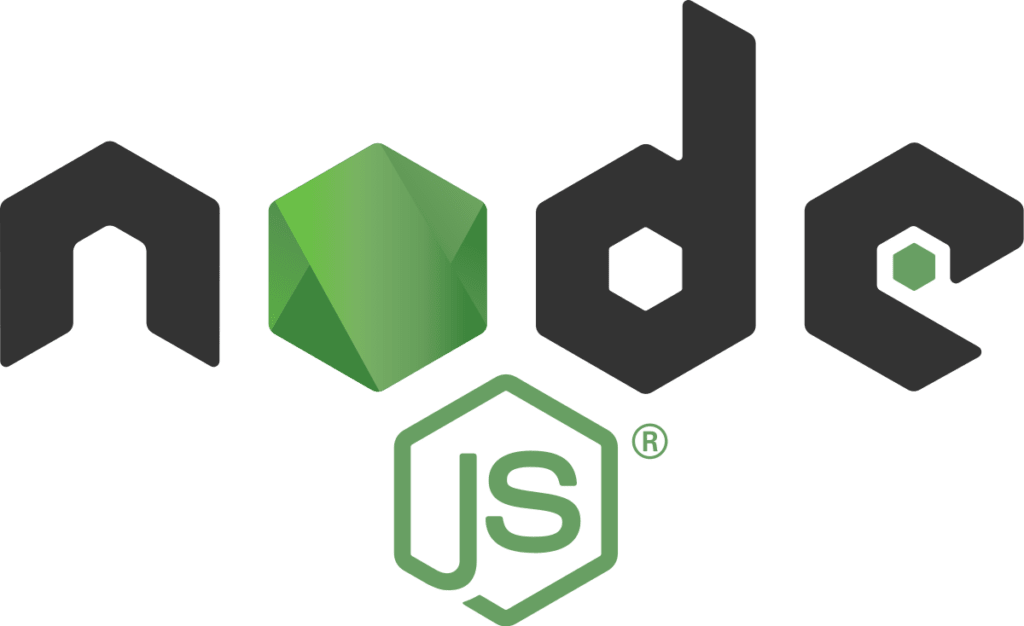Author: Justin Palmer
Justin Palmer is a professional application developer with Liquid Web
How to Install Python 3 on Ubuntu 18.04
Python is fast becoming one of the most popular programming languages worldwide. Its low entry barrier for new programmers and simple, elegant syntax makes it a fantastic language to start learning. Python is excellent for task automation, and thankfully most Linux distributions come with Python installed right out of the box. This is true of Ubuntu 18.04; however, the Python package distributed with Ubuntu 18.04 is version 3.6.8. This article will cover how to install a newer version of Python, specifically, the latest stable version 3.8.3.
How to Upgrade PHP on Windows
Performing an upgrade to PHP on Windows Server
Keeping your software and applications up to date is a crucial part of maintaining security and stability in your web hosting systems. Unfortunately, updating system components and back-end software can sometimes be a frustrating and a difficult process. However, thanks to Microsoft’s Web Platform Installer, upgrading PHP on a Windows server with IIS is as simple as a few clicks.
How to Install Pyenv-virtualenv on Ubuntu 18.04

Pyenv is an outstanding tool for managing multiple Python installations. Pyenv-virtualenv is a pyenv plugin that facilitates the creation and management of Python virtual environments with pyenv. This is a compelling proposition, making it possible to manage multiple Python versions with pyenv and provide the means to control the Python environment in a more granular manner.
How to Install and Configure Gradle
What is Gradle?
Gradle is a high-performance open-source build automation tool that makes it possible to build just about any type of software. It is highly configurable and extensible via a well-developed plugin ecosystem. Because build automation is an integral part of the consistent delivery of software projects, Gradle integrates seamlessly with multiple IDE’s, including Android Studio. This tutorial covers the manual installation of Gradle on Linux, MacOS, and Windows.
How to Install Pyenv on Ubuntu 18.04
What is Pyenv?
Pyenv is a fantastic tool for installing and managing multiple Python versions. It enables a developer to quickly gain access to newer versions of Python and keeps the system clean and free of unnecessary package bloat. It also offers the ability to quickly switch from one version of Python to another, as well as specify the version of Python a given project uses and can automatically switch to that version. This tutorial covers how to install pyenv on Ubuntu 18.04.
How to Install and Configure Apache Maven on Ubuntu 18.04
What is Apache Maven?
Apache Maven is one of the most popular build management tools for Java projects. It employs a Project Object Model or POM utilizing an XML file to define the structure of a project, including its dependencies, documentation, and build parameters. Instead of having to manage those things individually, Maven consolidates that functionality allowing for a more streamlined and efficient project management process. In this tutorial, we are going to cover how to install Maven on Ubuntu 18.04.
Installing Node.js on Windows Servers
Node.js is a Javascript runtime built with fast deployments in mind. Both the client and server-side of the application are Javascript. It provides an asynchronous approach to serving up content, providing for extremely responsive applications. Node.js is cross-platform and installable on Linux, macOS, and Windows. This tutorial covers the installation of Node.js on a Windows Server.
How to Install INXI on Ubuntu 18.04
INXI is one of the best tools that offer a straightforward and comprehensive method for obtaining a wealth of information about a server with a single command.
How to Install PHP Extensions on CentOS 8
This tutorial covers the installation of the PHP extension phpredis via the default CentOS 8 package manager DNF. It will also cover the installation of both PHP 7.4 and Redis on CentOS 8.
How to Install Node.js via NVM on Ubuntu 22.04
What is Node.js?

Node.js is an open-source javascript runtime environment. It is memory efficient and is intentionally asynchronous. It is deployable on multiple platforms, including Windows, Mac OS X, and Linux, and is suited for rapid development. It’s event-driven architecture make it highly scalable and useful for intensive data-driven applications.
Our Sales and Support teams are available 24 hours by phone or e-mail to assist.

